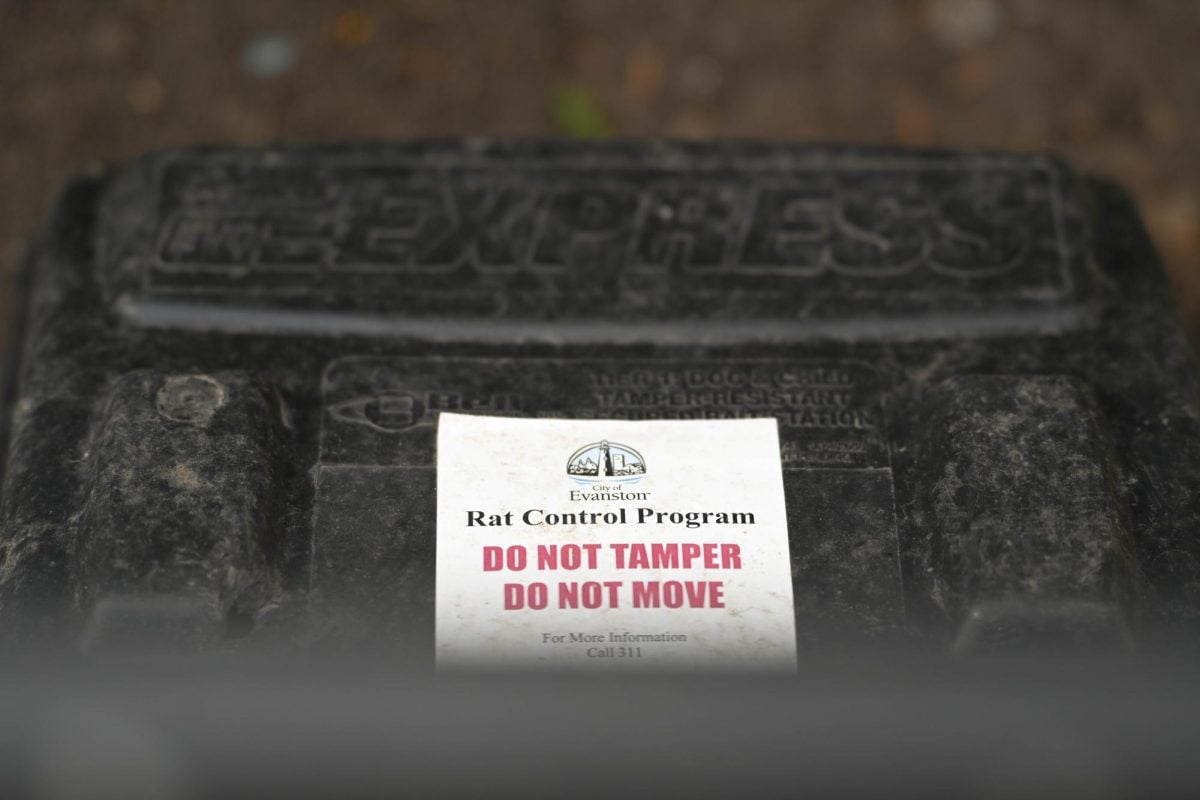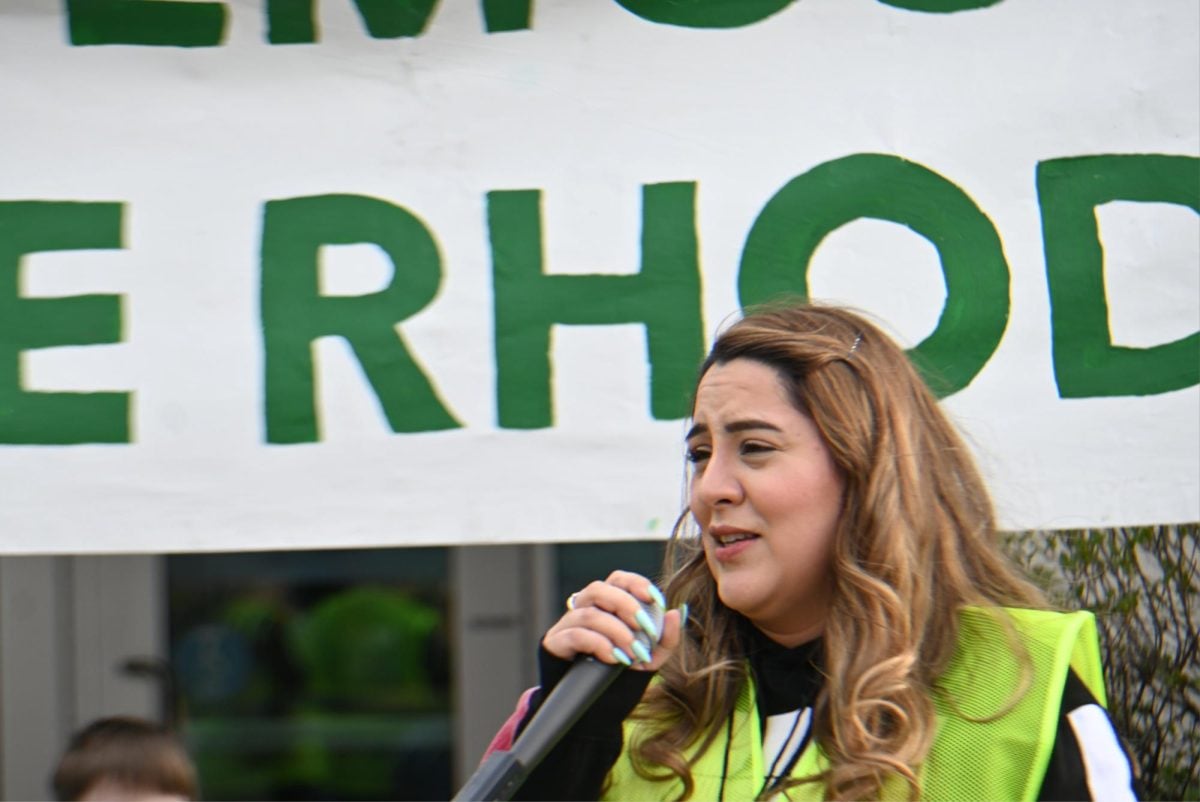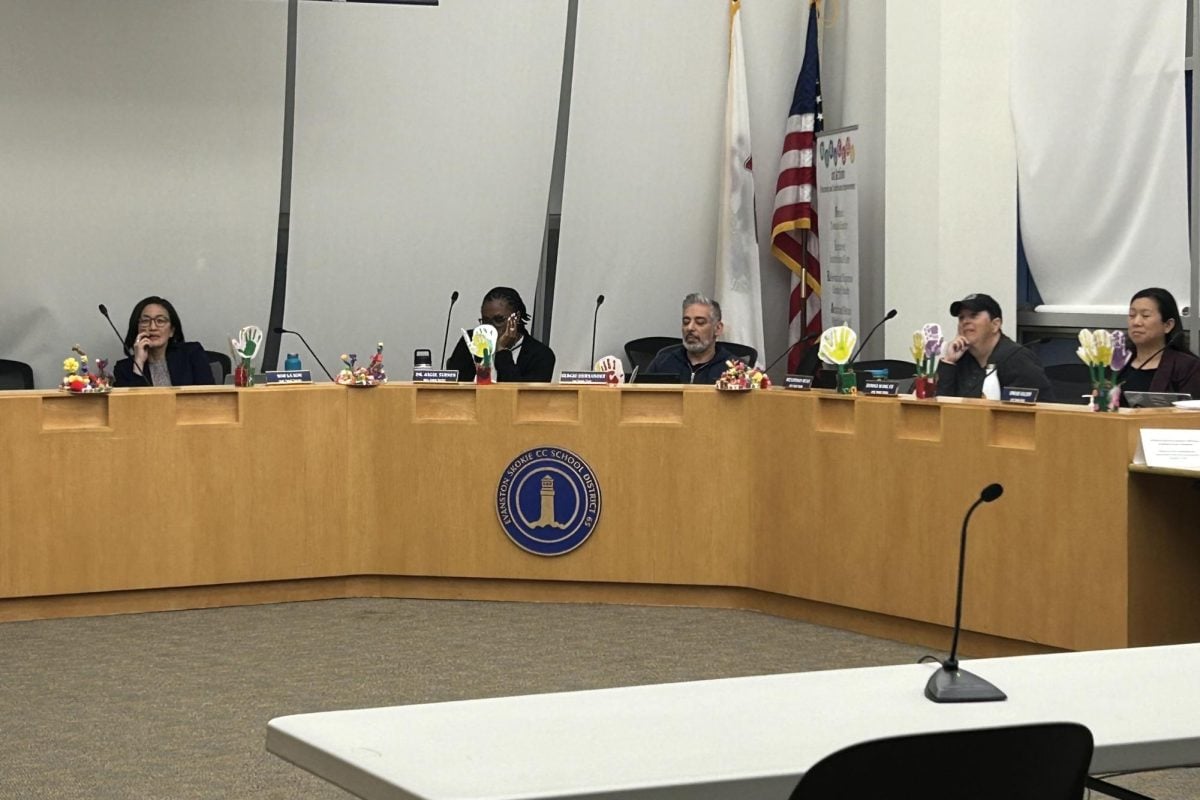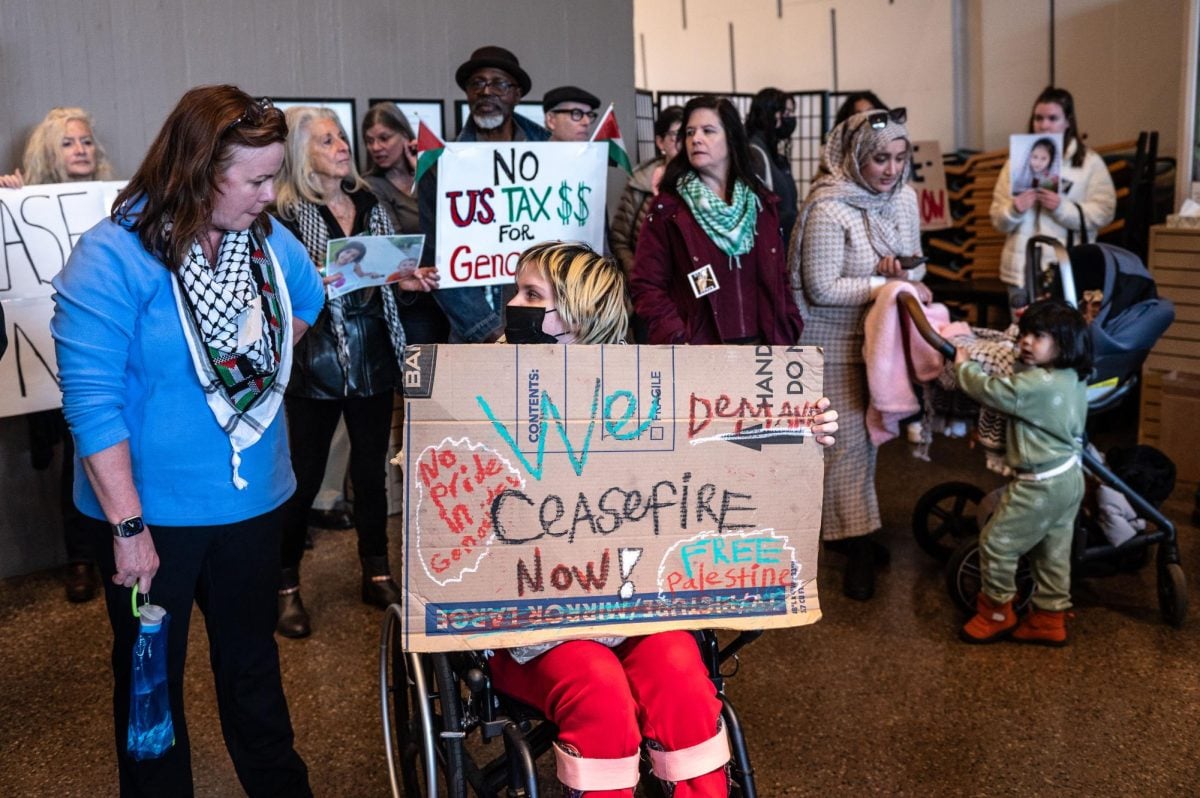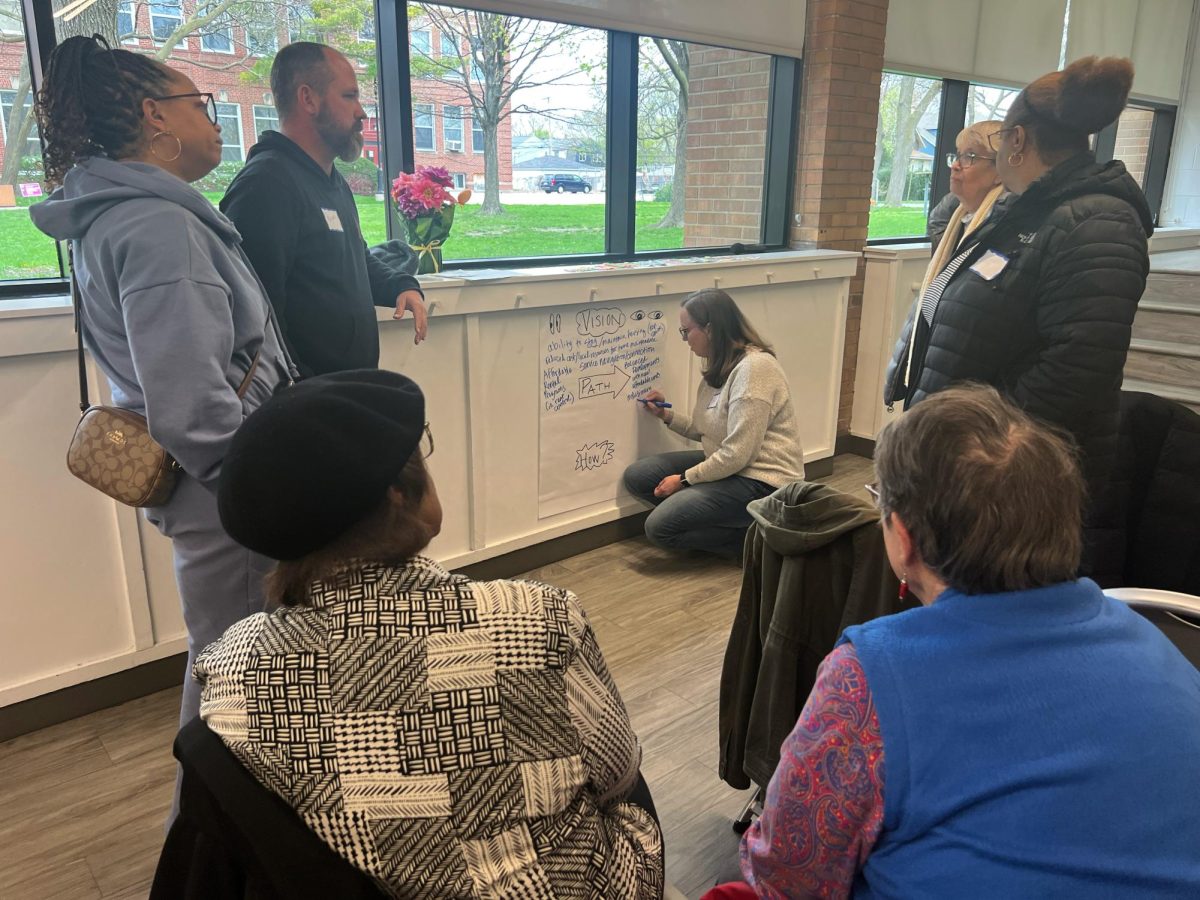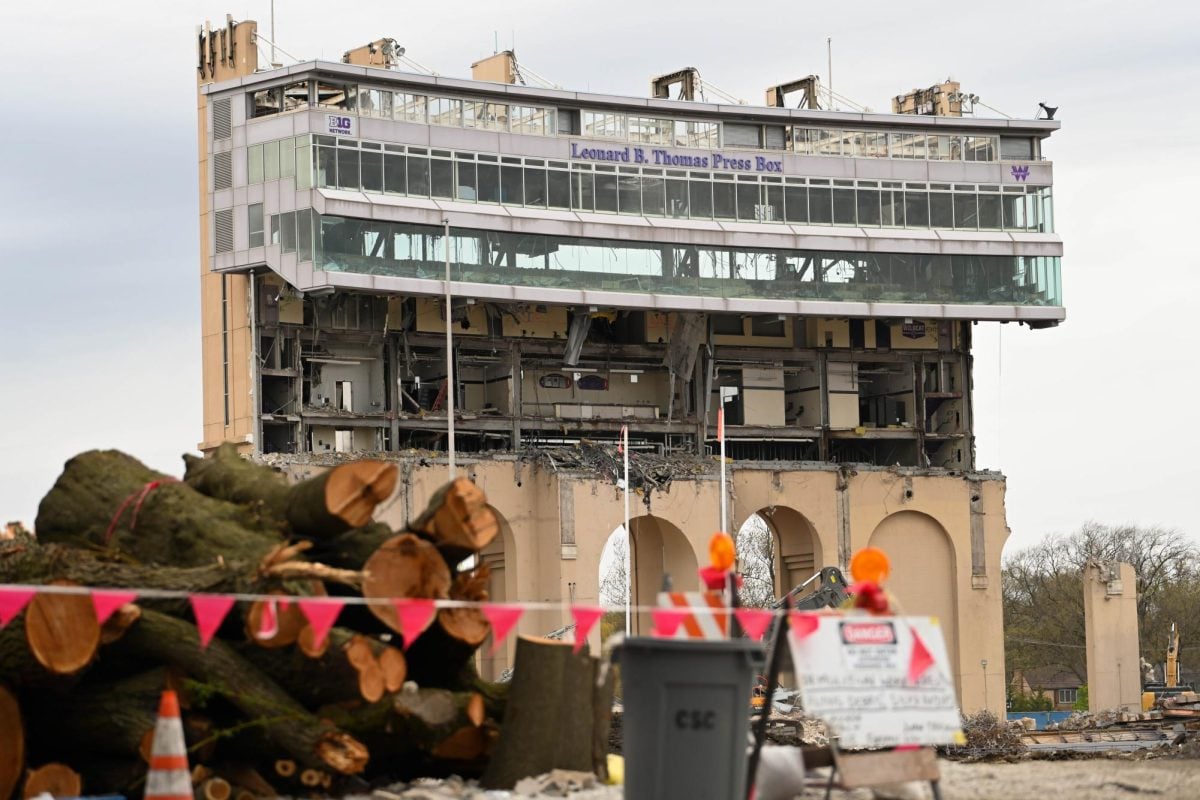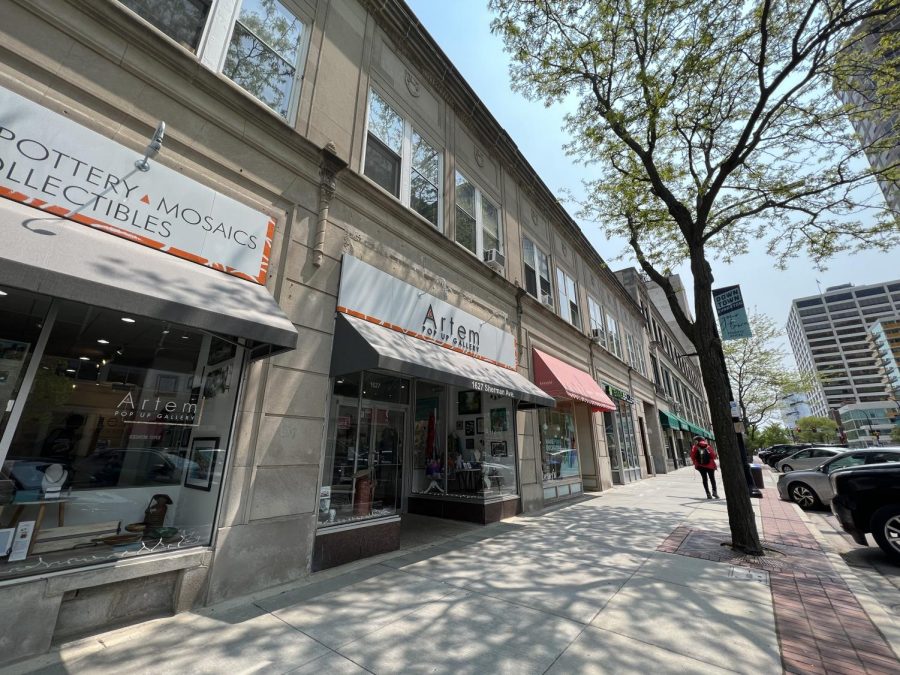Cook County received an “F” for its air quality in a study published by the American Lung Association last week, bucking a national trend of cleaner skies.
In its annual State of the Air report, the ALA gave Cook County an “F” in all measures of air quality. The county performed worse in air quality measures compared to last year, partly because of tighter standards revised by the Environmental Protection Agency in December, said Mike Kolleng, the ALA’s Healthy Air Campaign manager.
Despite the poor ratings, Evanston health and environmental authorities say the city has initiatives that can improve air quality. However, residents should still be aware of how county-wide air pollution can affect them, Kolleng said.
“These things aren’t entirely static,” he said. “Some areas are better than others … but you’re not really escaping it the further north you go.”
The ALA rated counties on three criteria: ozone pollution and short- and long-term particle pollution — all of which can damage the lungs, Kolleng said.
Air pollution in the United States has dramatically declined over the past decade, according to the report. Although Chicago’s industrial sites and transportation caused much of Cook County’s pollution, Kolleng said urban environments do not necessarily create foul air.
Although many people do not see the connection between air quality and public health, dirty air can be dangerous, Kolleng said. Air pollution can cause children, the elderly and people with lung-related medical conditions to experience difficulty during days with poor air quality, he said.
However, complaints regarding air quality in Evanston are few, and those that do make it to the city mostly involve private matters, said Carl Caneva, assistant director of the health department.
“Evanston doesn’t have a lot of industry with smoke,” he said. “We try to protect the environment as much as we can.”
Caneva said initiatives such as the creation of the Office of Sustainability in 2007 and the Climate Action Plan in 2008 indirectly address air quality. In addition, the creation of bike paths downtown, walkability studies and mandates on public transportation also attempt to curb gas emissions, he said.
Eleanor Revelle, chief executive of Citizen’s Greener Evanston, said the group also focuses on reducing gas emission through transportation and energy efficiency in buildings. She said general efforts in combating climate change will improve air quality.
“One productive way to change behavior is to emphasize the healthy outcomes related to (reducing) greenhouse gas emissions,” Revelle said. “Air quality is a good answer for why people should be concerned.”


